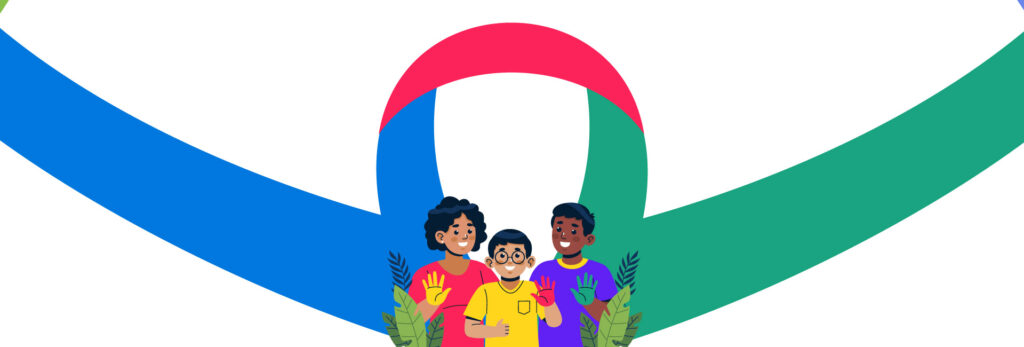February 29 is Rare Disease Day, which is a category that some of the illnesses we support fall into.
Rare diseases are life-threatening, debilitating, or chronic conditions that affect a small number of individuals. Approximately one million Canadians are affected by rare diseases. These diseases often appear at birth or emerge in early childhood, and most are genetically related. One-third of children with rare diseases die before their fifth birthday. For 94% of these conditions, there is no treatment available.
Health Canada has adopted a definition of a rare disease being one that affects fewer than 5 in 10,000 Canadians, which is similar to the definition adopted by the European Union. Estimates suggest that there are approximately 12,000 rare diseases that have been identified to date and approximately 94% of these diseases have no available therapy or treatment.
When there is drug treatment, the biggest barrier limiting patients’ access to drugs is their affordability. Drugs for rare diseases can cost between $0.5 million to $4.9 million per person per year.
Some of the diseases supported by Federated Health Charities fall in the category of rare diseases, such as cystic fibrosis and ALS, and require all the support we can give them to assist with their unique challenges.
Cystic Fibrosis (CF)
CF is a genetic disorder that often affects multiple organ systems (largely lungs and pancreas) of the body and is characterized by abnormalities affecting certain glands of the body especially those that produce and secrete mucus. Saliva and sweat glands may also be affected.
These secretions become abnormally thick and can clog up vital areas of the body causing inflammation, obstruction and infection.
Due to newborn screening, most people with CF are diagnosed early. And, due to new drug treatments, many are living longer and are much healthier. In 2019, Trikafta was approved as the first triple combination therapy to treat patients 12 years and older with certain mutations, estimated to be ~90% of the CF population. However, a minority of CF patients with different gene mutations are not approved for the drug; nor are children ages 2 – 6.
Amyotrophic Lateral Sclerosis (ALS)
ALS is a disease that progressively paralyzes people because the brain is no longer able to communicate with the muscles of the body that we are typically able to move at will. Over time, as the muscles of the body break down, someone living with ALS with lose the ability to walk, talk, eat, swallow and eventually breathe.
ALS research is at a time of unprecedented momentum; there has been more progress in the last 5 – 7 years than in the last century. Researchers believe that the scientific community is now poised to find treatments that can significantly alter the course of the disease.
Funding is believed to be the main limitation standing in the way of effective ALS treatments being developed sooner rather than later. However, funding of this rare disease was stimulated by the Ice Bucket Challenge in 2012. This challenge was championed by a man in the US with early onset ALS who passed away in 2019, aged 34.
Pete Frates was diagnosed with ALS, in 2012; two years after his diagnosis, he helped take the #IceBucketChallenge viral worldwide. Individuals nominated others to be doused in ice water and bring awareness for ALS.
Worldwide, it is estimated that US$220 million was raised for ALS research. While the challenge did not go viral in successive years, some people—including celebrities and various government officials around the world—have followed through with the intention of a yearly event by continuing to perform the challenge again each subsequent summer. Both cystic fibrosis (Cystic Fibrosis Canada) and ALS (ALS Society of Canada) are participating charities in Federated Health Charities and work to support those living with chronic and rare disorders to ensure they have the aid they need. To support them in this work, donate to Federated Health Charities today.
